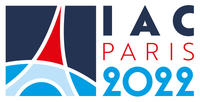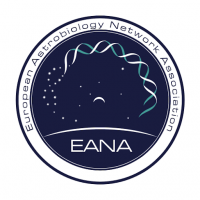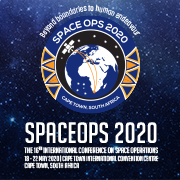›First solids and planetesimals: formation conditions and evolution
Winter school at the Ecole de Physique des Houches in the French Alps, February 23-28, 2020
The school will focus on the formation and accretion of the first solids of the solar system and of the planetesimals.
The school will take place in a dynamic scientific context with new emerging models of the formation conditions of the first solids of the Solar System based on meteorite studies. In addition, important theoretical developments have been established on the conditions of dust coagulation and gas-dust instabilities in accretion disks. Finally, the observation with the ALMA interferometer (Chile) revealed complex structures with the systematic presence of rings and gaps in all extended protoplanetary disks. These new models and observations offer a unique opportunity to advance our understanding of the formation and evolution of the first objects in planetary systems, which are characterized by extremely complex phenomena at different scales. The school will thus address multiple complementary aspects of the formation of the Solar System through lectures that will be given by specialists.
This is an interdisciplinary school, at the frontier between planetary science, chemistry of interstellar medium and cosmochemistry.
The school is open to Ph.D. students and researchers who wish to broaden their knowledge. The lectures will be accessible to non specialists, but a background in planetary sciences, geo/cosmochemistry or astrophysics is required. All lectures will be in English.
Track this event on your Apple calendar














 France
France